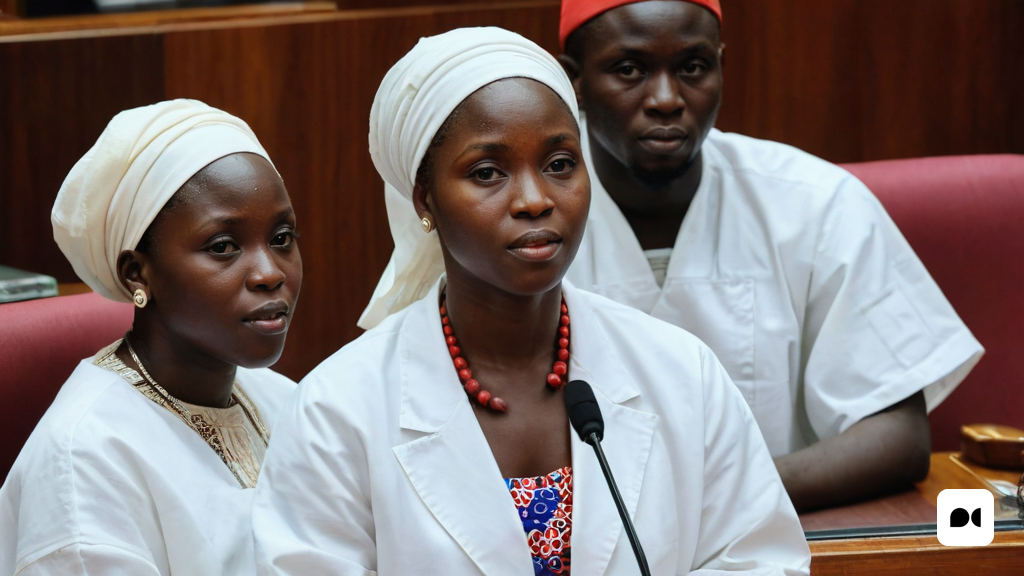Global reactions to the proposed law in the Gambia
The decision of the National Assembly of The Gambia to debate a bill to repeal the ban on female genital mutilation has generated a strong impact worldwide. If approved, Gambia would become the first country to lift this ban, triggering several reactions of rejection around the world, including Catalonia.
Positions of the Catalan entities before the legislative proposal
The Women Lawyers Commission of the Illustrious Bar Association of Barcelona and the Women and Equality Commission of the Intercollegiate Association of Professional Associations of Catalonia have expressed their rejection of this initiative through a joint statement, highlighting the importance of respecting women’s fundamental rights.
Statements by legislator Almameh Gibba
Legislator Almameh Gibba, the driving force behind the bill, argues that the ban on female genital mutilation goes against Gambian culture. This has generated an intense debate about the relationship between culture, human rights and gender-based violence.
Impact of female genital mutilation in the Gambia
According to Unicef data, about 46% of girls aged 14 and under in The Gambia have undergone female genital mutilation. This figure increases to 73% in the group of girls and women aged 15 to 49. Globally, more than 230 million girls and women have been victims of this practice, highlighting the need to protect the basic human rights of women and girls.
The growing trend of female genital mutilation, together with the decrease in the age at which this practice is carried out, are reasons for concern according to Unicef. Families are increasingly choosing to mutilate girls at an earlier age to minimize the physical and psychological impacts, posing a challenge to the protection of women’s rights.

